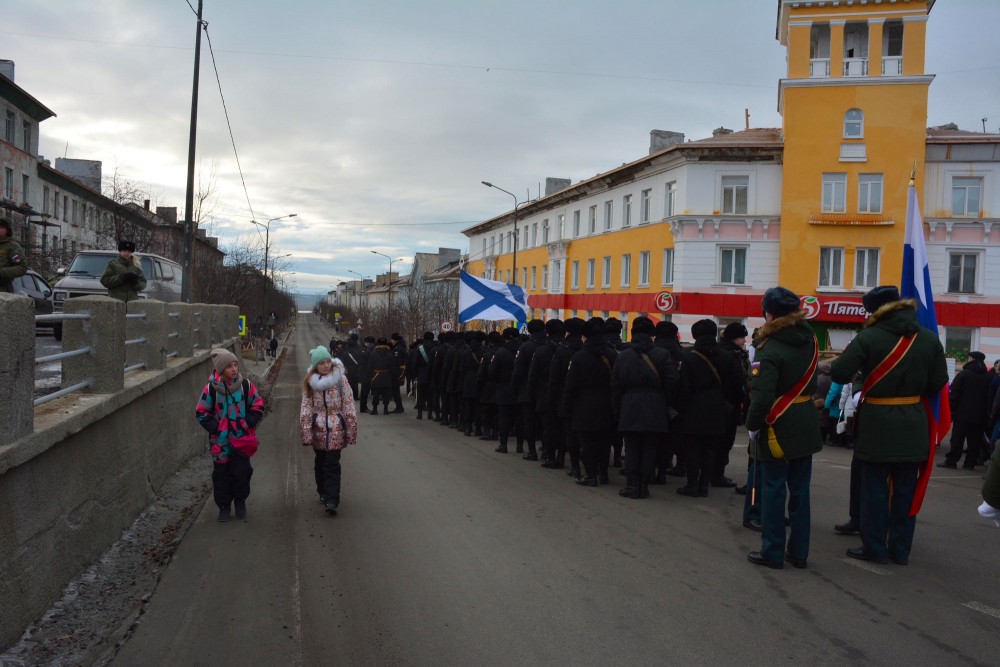Russia’s Murmansk region sees population decline, even as military towns grow
Murmansk and other civilian municipalities mostly shrank, while Severomorsk and other military towns mainly grew.

The Murmansk region in Russia’s northeastern Arctic had a more than 1 percent drop in its population in 2020. But several of the Northern Fleet’s closed military towns in the region saw a boost in newcomers.
Russian military forces based on the Kola Peninsula have become a top priority of country’s armed forces over the past decade, and big investments are being made in regional towns, bases and military infrastructure.
That is reflected in the demographic situation in the Kola Peninsula. New data from the Russian statistics service Rosstat show that the military towns are the clear population winners in the region.
While the total population of the Murmansk region dropped by more than 1.1 percent from 741,511 on 1st of January 2020 to 732,864 a year later, the military towns experienced solid growth.
The demographic increase was biggest in Severomorsk, the headquarters city of the Northern Fleet. In the course of the year, the local population increased by more than 1,250 people.
A total of 65,080 people now live in the closed military municipality of Severomorsk, the data from Rosstat show.
The towns of Snezhnegorsk and Pechenga also had increasing populations. A few military towns, such as Gadzhievo and Polyarny did see a minor population drop in the same period.
The situation follows a trend evident over several years, including in 2018 and 2016.
Meanwhile, practically all other parts of the Kola Peninsula in 2020 experienced a significant demographic shrink. The city of Murmansk in 2020 dropped from about 288,000 to less than 283,000.
The municipality of Pechenga, located along Russia’s borders with Finland and Norway, dropped by 800 people to a total of 36,090 during 2020. That includes the town of Nikel that in 2020 was abandoned by mining and metallurgy company Nornickel.
The population of Nikel in 2020 shrunk by more than 260 people to a total of 10,763.
The Russian North has over many years experienced a drop in population. And the extraordinary strong decline in 2020 can partly be explained by the coronavirus.
Officially, the virus in 2020 killed about 75,200 Russian across the country. But population figures from Rosstat indicate that the number of deaths might actually have been far higher.
According to all-national data, the country’s population by the 1st of January 2021 totaled 146,238 million. That is a decline of more than 510,000 people from 1 January 2020.